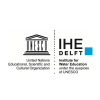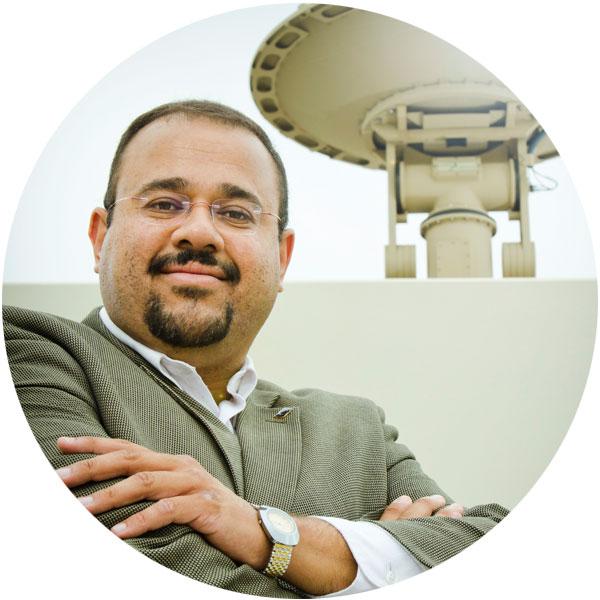The water cycle from space: the central role of satellite-informed models in corporate water management
Water in the atmosphere, in the soil, in rivers and oceans is in continuous exchange via the global water cycle. This is commonly thought to be the circular movement of water that evaporates from the Earth's surface, rises on warm updrafts into the atmosphere, and condenses into clouds. It is transported by the wind as water vapour, and eventually falls back to the Earth’s surface as rain or snow.
















